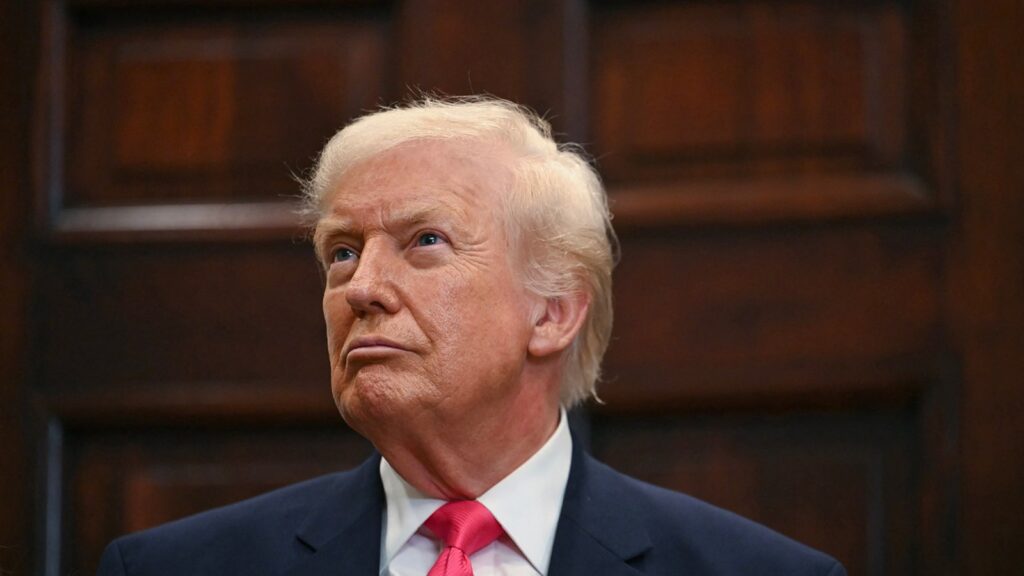Elon Musk’s X Worth 71.5% Less Than When He Bought Twitter, Says Fidelity
Elon Musk‘s X (formerly Twitter) is entering 2024 in its flop era. A recent analysis from Fidelity, one of the shareholders of Musk’s X Holdings, revealed that the company had lost 71.5 percent of its value since Musk purchased the social media platform.
The November 2023 disclosure from the mutual fund — which contributed over $300 million to Musk’s Twitter takeover — marked down the value of its shares in the company, according to Axios. The new number includes a 10.7 percent cut during the month Musk told advertisers to “go fuck yourself” at The New York Times’ DealBook Summit.
The analysis also comes a year and a month after Musk acquired Twitter for $44 billion and renamed the platform to X in July. Fidelity’s estimate brings that value down to about $12.5 billion. (Musk’s own estimate in October, according to Fortune, was $19 billion.)
In September, Fidelity had marked the value down by 65 percent in the first 11 months. (It’s important to note that other shareholders in X may value their stock differently than Fidelity.)
Musk’s reign over X has been tumultuous, to say the least. After the billionaire acquired Twitter in October 2022, he promised advertisers that the company would not become a “free-for-all hellscape” once he took charge. A few months after he gained ownership of the social media platform, The New York Times released a report showing that hate speech on the platform had risen dramatically since his takeover.
In November, a report by the watchdog group Media Matters found that ads for brands including Apple, Bravo, and Amazon had appeared on X next to white nationalist hashtags such as #WLM (White Lives Matter) or #KeepEuropeWhite. Following the report, X advertisers Disney, Apple, Lionsgate, Comcast/NBCUniversal, and IBM severed ties with the platform.
Last week, X failed to block a California law that requires social media companies to disclose their content-moderation policies. U.S. District Judge William Shubb rejected the company’s request in an eight-age ruling on Thursday.
“While the reporting requirement does appear to place a substantial compliance burden on social medial companies, it does not appear that the requirement is unjustified or unduly burdensome within the context of First Amendment law,” Shubb wrote, per Reuters.





